Planning an event involves numerous considerations, and beverage service stands at the forefront of guest satisfaction. Venue space and expected guest count help determine the setup requirements. A standard service area of 8-10 feet accommodates equipment and provides comfortable guest access. For events hosting 50-100 guests, setting up two serving stations ensures smooth flow and minimal wait times.
Essential equipment and supplies
The foundation of a successful setup starts with the right equipment. Draft towers with multiple taps allow for serving different beverages simultaneously. Temperature control systems maintain optimal serving conditions, while drip trays prevent spills and maintain cleanliness. Include measured dispensers for precise pours and digital displays showing beverage options and serving instructions.
Creating an organized layout
Arrange your serving station in zones to create an intuitive flow. Position glasses at the starting point, followed by ice stations, mixers, and garnishes. This systematic arrangement prevents bottlenecks and allows guests to move smoothly through the serving process. Install proper lighting to ensure visibility and enhance the overall aesthetic appeal of your setup.
Safety measures and monitoring systems
Implementing safety protocols protects both equipment and guests. Install slip-resistant mats in serving areas and ensure proper electrical connections for all equipment. Modern Self Serve Cocktail Bars incorporate monitoring systems tracking dispensing volume and temperature. These systems also feature automatic shutoff mechanisms preventing overflow and maintaining serving standards.
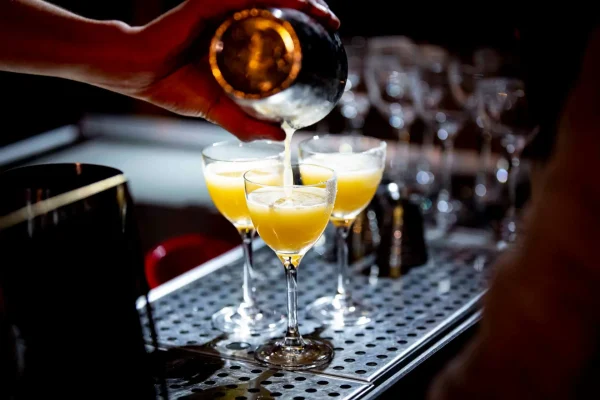
Temperature control and beverage quality
Maintaining correct serving temperatures significantly impacts beverage quality. Draft systems should operate between 36-38°F for optimal taste and freshness. Regular cleaning cycles preserve system hygiene and prevent flavour transfer between beverages. Professional installation ensures proper gas mixture settings for consistent pours and ideal carbonation levels.
Guest experience enhancement
Professional Self-Serve Cocktail Bars elevate events by offering guests independence and variety. Digital interfaces display beverage information, allowing informed choices. The freedom to customize portions and try different options creates an interactive experience. Clear instruction displays and intuitive controls ensure guest confidence in operating the system.
Service staff optimization
While self-serve systems reduce direct service needs, trained staff remains essential. Their responsibilities shift to system monitoring, supply replenishment, and guest assistance when needed. Staff members ensure proper ID verification and monitor consumption levels, maintaining event safety standards. Regular equipment checks throughout the event prevent service interruptions.
Cost management and portion control
Digital monitoring systems track usage patterns and help optimize beverage inventory. Precise portion control through automated dispensing reduces waste and ensures consistent serving sizes. These features allow accurate cost projection and inventory management for future events.
Technical support and backup plans
Professional installation includes technical support availability during events. Backup power systems prevent service interruptions during power fluctuations. Having spare parts on hand allows for quick resolution of common issues without disrupting service.
Post-event procedures
Proper shutdown procedures protect equipment and prepare it for future use. This includes thorough system cleaning, inventory assessment, and equipment inspection. Documentation of usage patterns and guest feedback helps improve future setups.
Success measurement
Track key performance indicators, including guest satisfaction and operational efficiency. Analyze usage patterns to optimize future setups and inventory management. Guest feedback provides valuable insights for continuous improvement of the service offering.
Maintain current permits and certifications required for beverage service. Follow local regulations regarding serving hours and consumption limits. Regular compliance reviews ensure operation within legal frameworks while maintaining guest satisfaction.
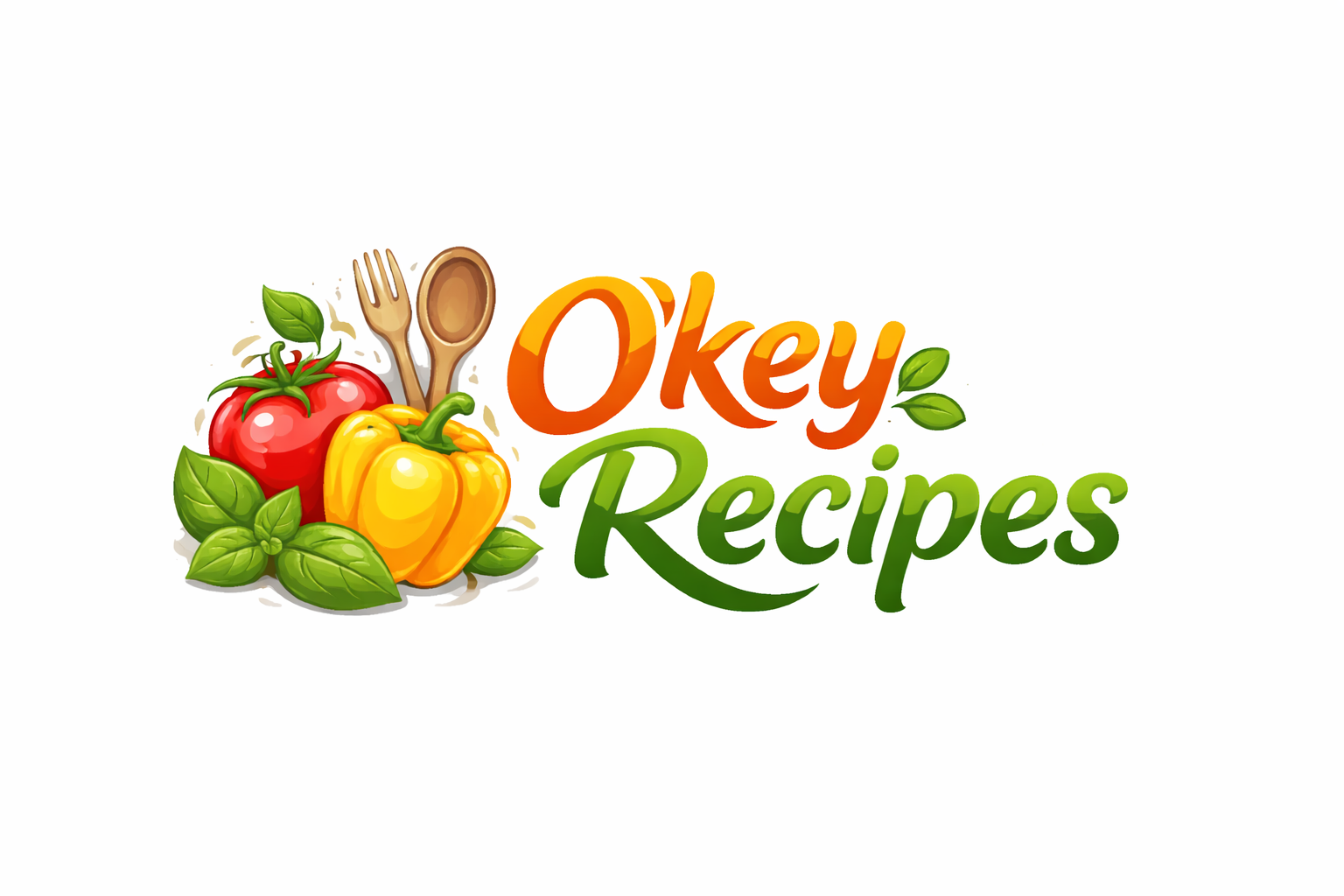
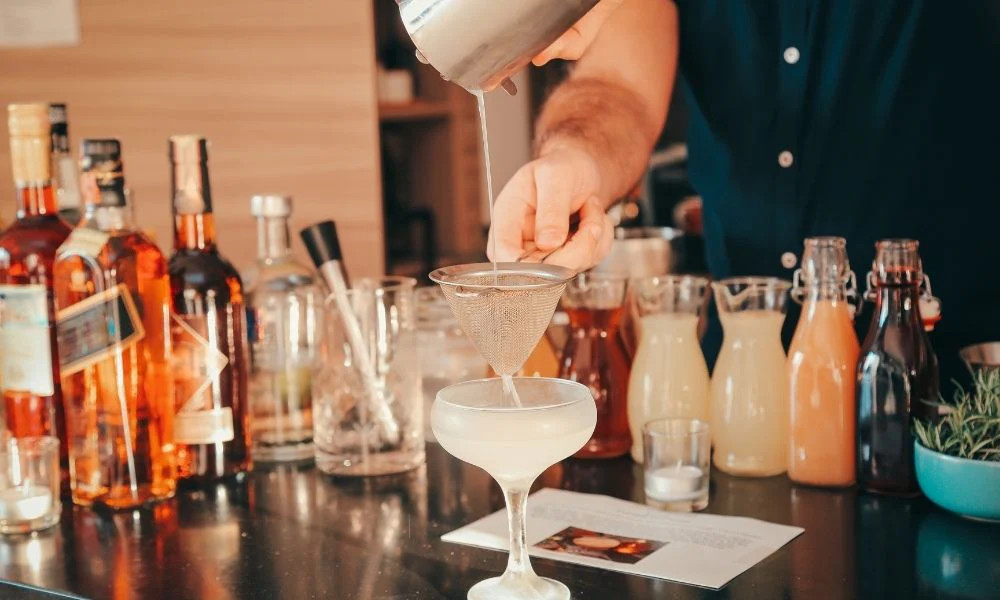



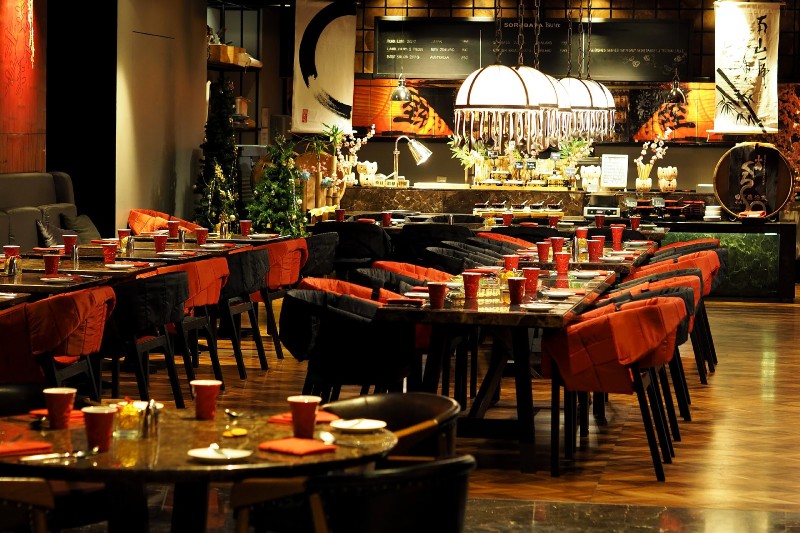
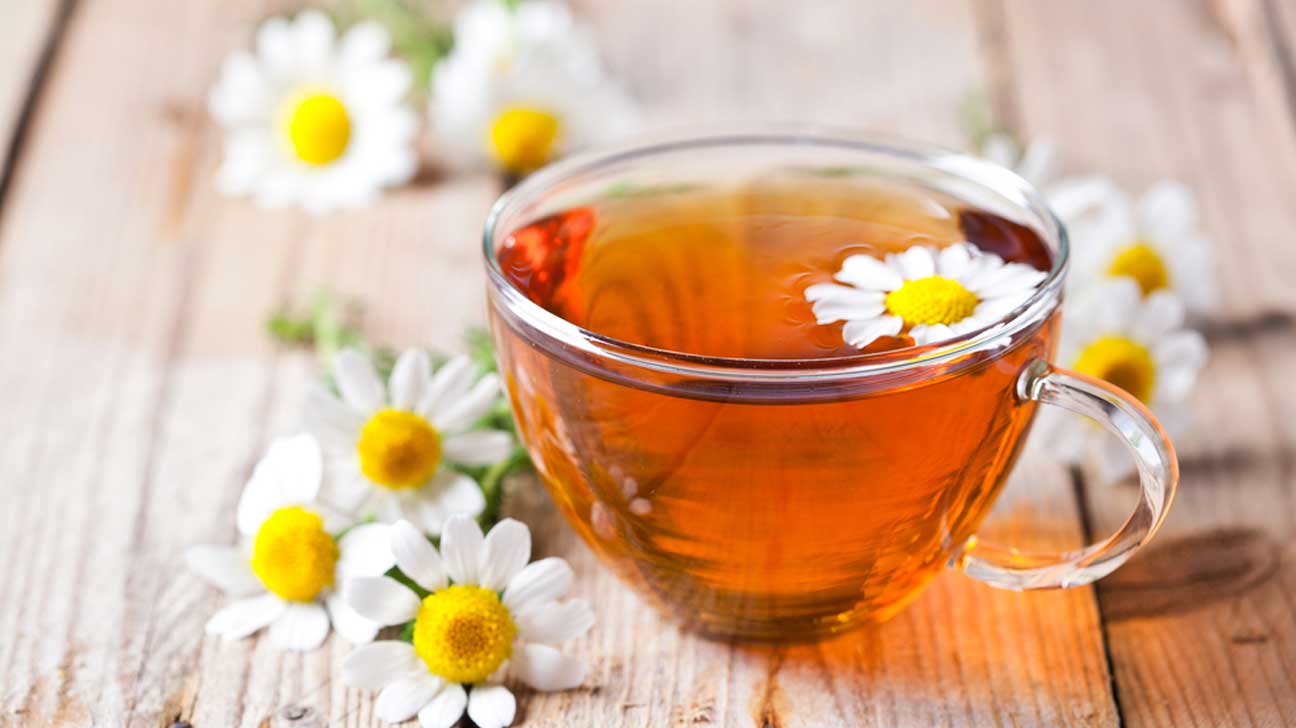
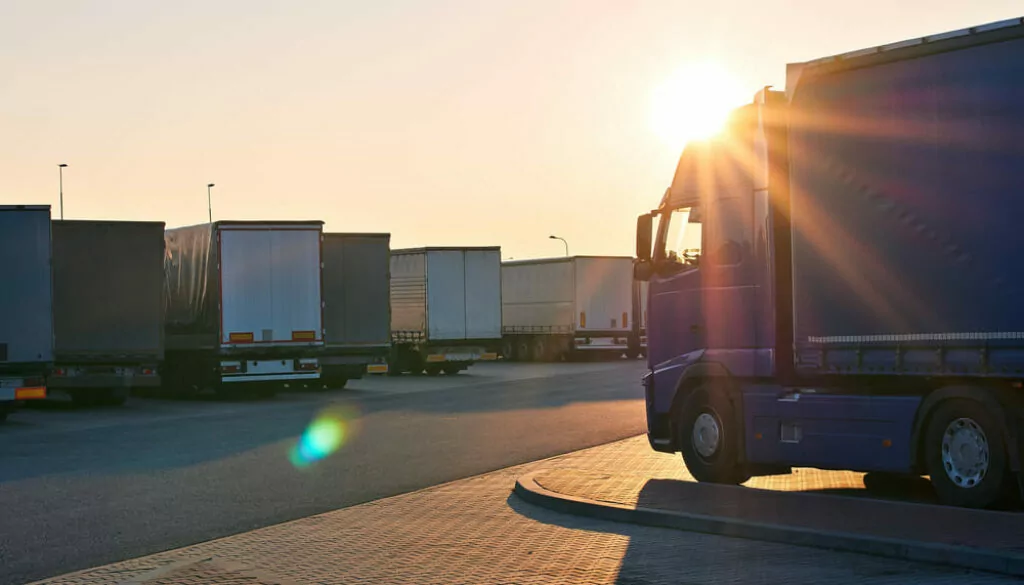

Comments